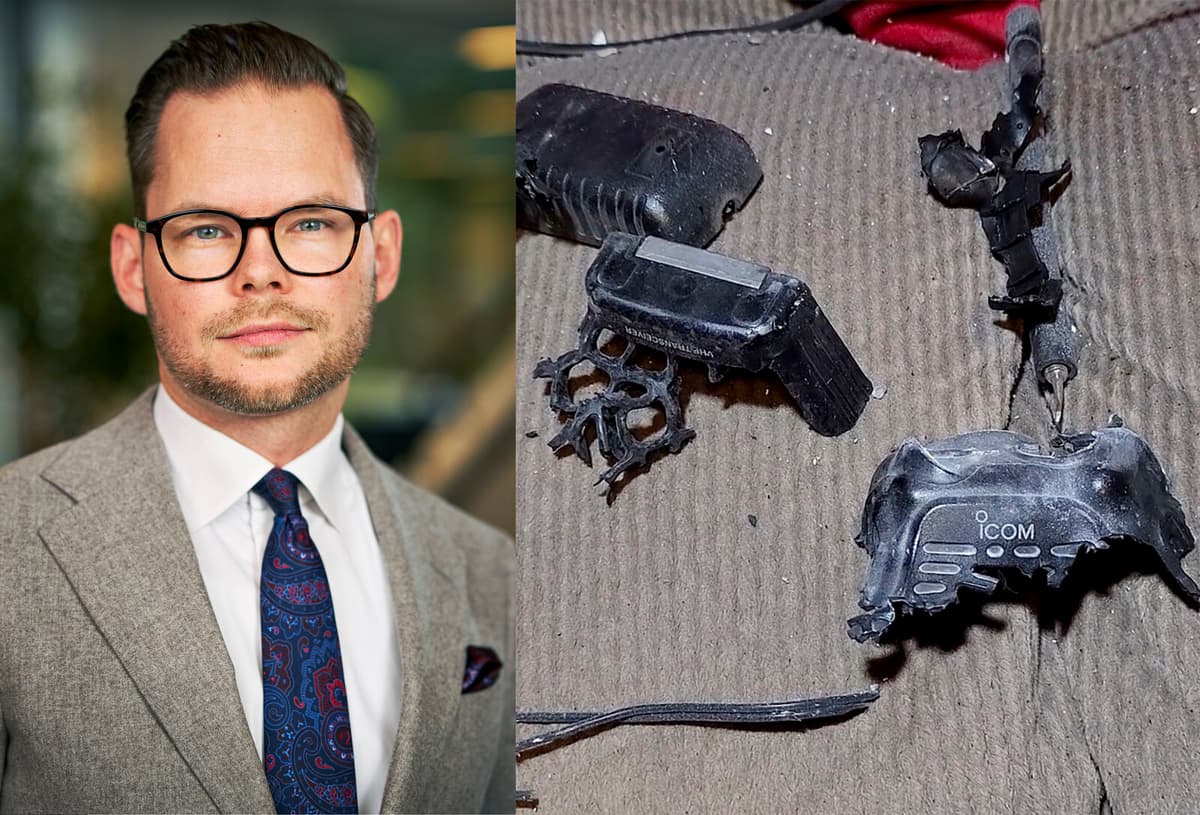On two occasions, persons seekers and walkie-talkies have exploded, equipment used by the Iran-backed Shia militia Hezbollah. Dozens have been killed and several thousand people injured in Lebanon.
Orchestrating and carrying out such extensive operations is difficult, and the event is unique in its kind, according to Tony Ingesson, assistant university lecturer at Lund University and researcher in intelligence analysis.
It's the first time it's happening with so many units simultaneously, many of us in the intelligence community are amazed.
Months of preparations
The whole plan could have gone awry if some units had exploded prematurely.
Then Hezbollah would have understood that something was going on. Now they all exploded very synchronously.
The persons seekers have, according to the company behind them, been manufactured under license in Hungary. It requires that someone applies for a license and then actually can produce them. According to information to the New York Times, Israeli agents have started such companies several years ago.
I would think it takes many months, if not years, to carry out the entire process, it's very complex, says Ingesson.
Requires large resources
The scope suggests that it is an intelligence agency with large resources behind it.
Looking at both motives and prerequisites, Israel is close at hand, even though we don't know anything yet.
Israel has also been pointed out by Lebanon, but has so far not commented on the attacks.
Besides spreading fear and causing large damages and deaths, the attacks have another function - to destroy an established communication channel for Hezbollah.
Organizations of this kind are dependent on communicating to be able to organize themselves. There's a reason they chose to avoid mobile phones and it's not done in a snap to replace all units, says Ingesson.
Forensic investigations can reveal some things, for example, what explosives were used. But before the entire course of events and preparations are clarified, it will take time.
It will be studied for decades to come, I would think. For us interested in intelligence work and communication, it will be very interesting to follow.






